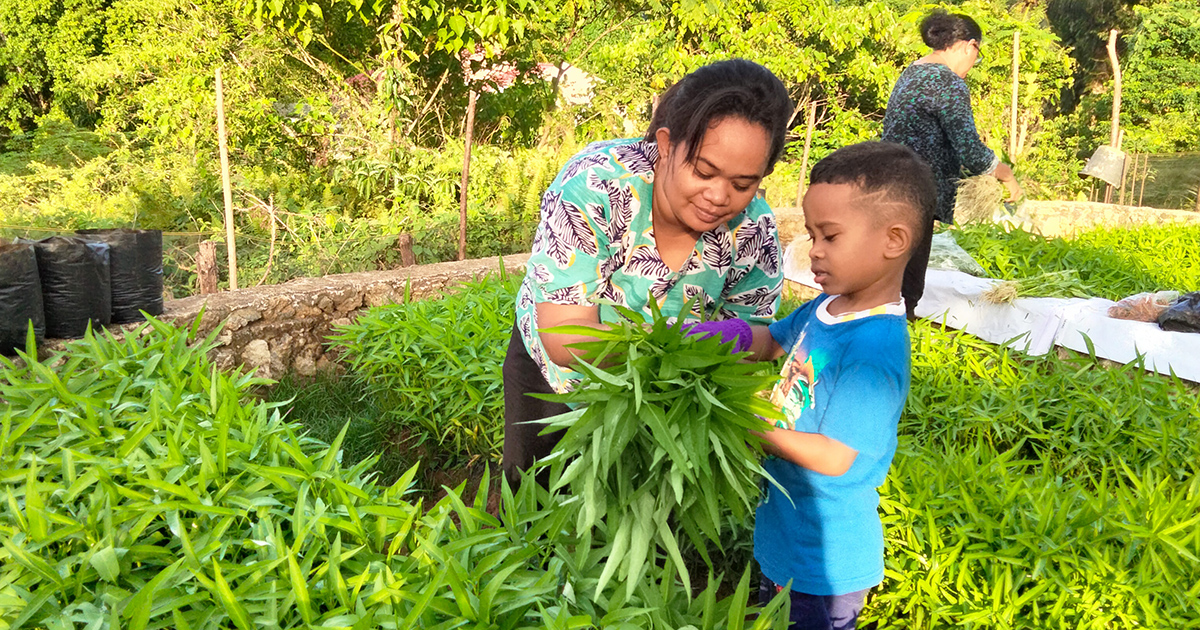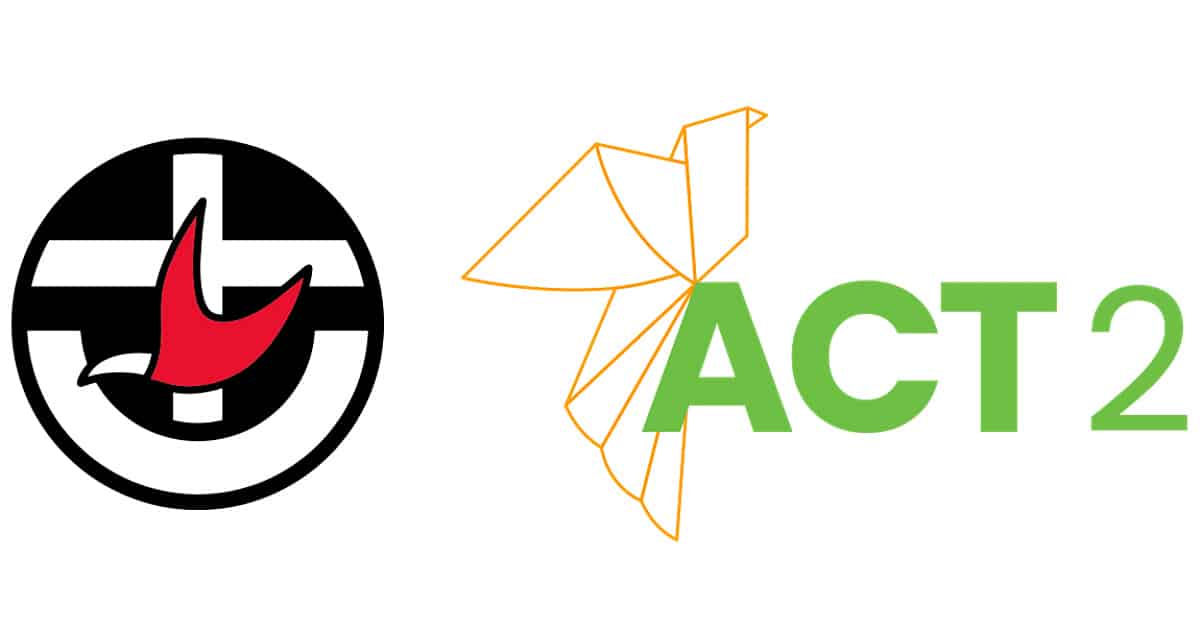Planting a new future for the children of Timor-Leste and Maluku
There’s a food crisis in two of the poorest places in our region.
Our partners have a plan to beat it.
Malnutrition, particularly among children, has been a huge problem in Timor-Leste and Maluku (East Indonesia) and now there is a hidden hunger crisis being made worse by the rising cost of living, global conflict and climate change.
In Timor-Leste, the prevalence of stunting, impaired growth and development caused by malnutrition, in children under five is 47 percent, among the highest in the world. In Maluku, 34 percent of children under five are stunted.
Russia’s invasion of Ukraine has made things more difficult; reducing wheat production, wrecking supply chains and inflating the price of food imports. Experts say the global food situation is set to worsen with the ongoing conflict and will continue to hit the poor the hardest.
We asked our partners how we could best help, and they told us they had a sustainable, local solution to the crisis. Gardening!
Hundreds of families growing their own food right where they live.
The Director of our partner FUSONA* is passionate about equipping families to tackle the food crisis themselves.
“We want every family and community to have the opportunity to produce their own food to eat and improve their health. And if they want to earn an income they can plant extra to sell,” he said.
“People will apply their own time and energy to generate their food and income. We will provide seeds, equipment and education, and accompany families at every step of the way.”
Part of the project will be to educate people about the importance of good nutrition and sanitation.
“So far, we’ve been successfully showing people how to grow sweet potato, eggplant, spinach and green mustard… people have been coming to the church to learn more and join in,” he says.
“I believe we can impact thousands of lives with this approach and reduce malnutrition for children in Timor-Leste.”
|
We’ve launched an appeal to support our partners in Timor-Leste and Maluku to tackle the food crisis and help ensure as many children as possible do not go hungry. You can find out more about their projects and donate at www.unitingworld.org.au/foodcrisis |
*FUSONA is the development agency of our partner church, the Protestant Church of Timor-Leste (IPTL)


